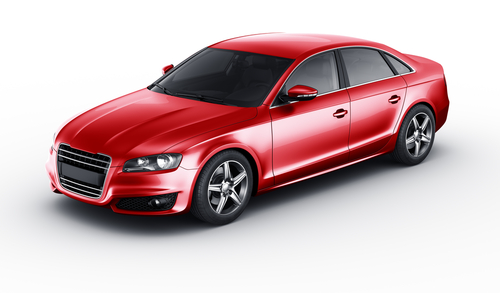Chemical reactions happen every day, from the burning of petrol in car engines,

to the rusting of iron.

There are millions of reactions taking place every second of every day.
Chemical reactions involve the creation of one or more new substances called products.
Normally, you can tell when a chemical reaction has occurred. Signs include a colour change, a gas being given off, heat being released and/or a solid forming.
Word equations are used in chemistry to show the things that react, called reactants, and the new substances produced, which are called products.
Reactants ![]() Products
Products
Often, when a metal reacts with oxygen, a metal oxide is produced. For example, if magnesium metal is burned in oxygen, magnesium oxide is produced. This is known as an oxidation reaction. This can be represented as a word equation:
Magnesium + Oxygen ![]() Magnesium oxide
Magnesium oxide
Another example is sodium burning in oxygen which will give us sodium oxide:
Sodium + Oxygen ![]() Sodium oxide
Sodium oxide
Word equations like these are used a lot in science as a quick way of representing a chemical reaction.
Most chemical reactions are irreversible. This means that once the reaction has taken place it is very difficult to get the reactants back. We can't reverse it. Think about frying an egg. Once the egg has cooked, we can't then change the fried egg back into a raw egg. A chemical reaction has occurred and we can't get the original reactants back.
Think how difficult it would be to turn the fumes from the exhaust pipe of a car back into petrol!
Let's have a go at the questions now.

